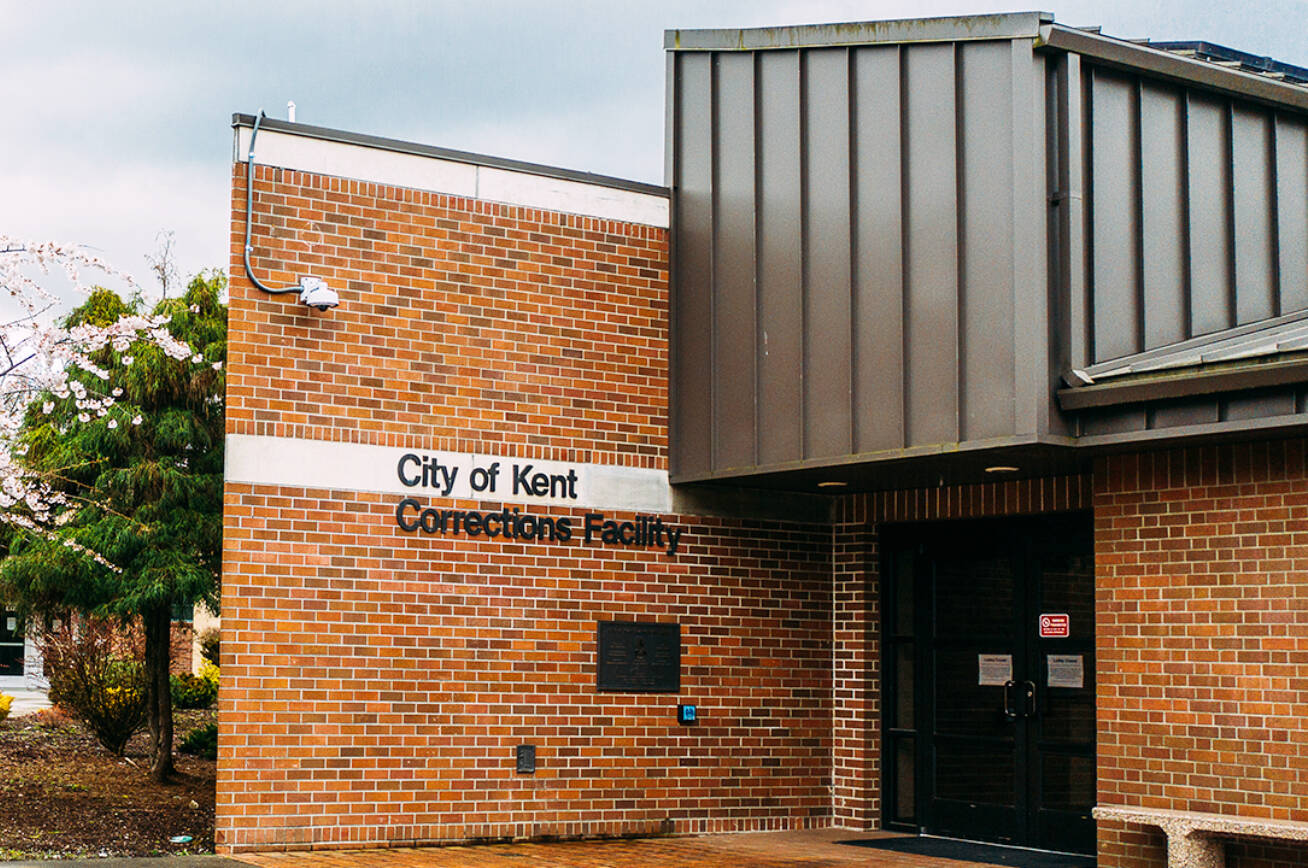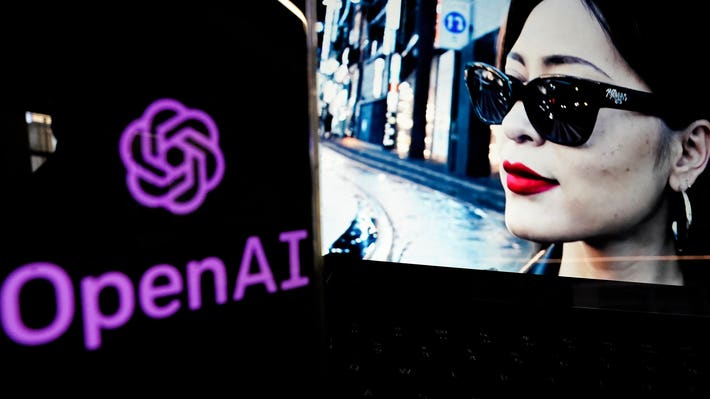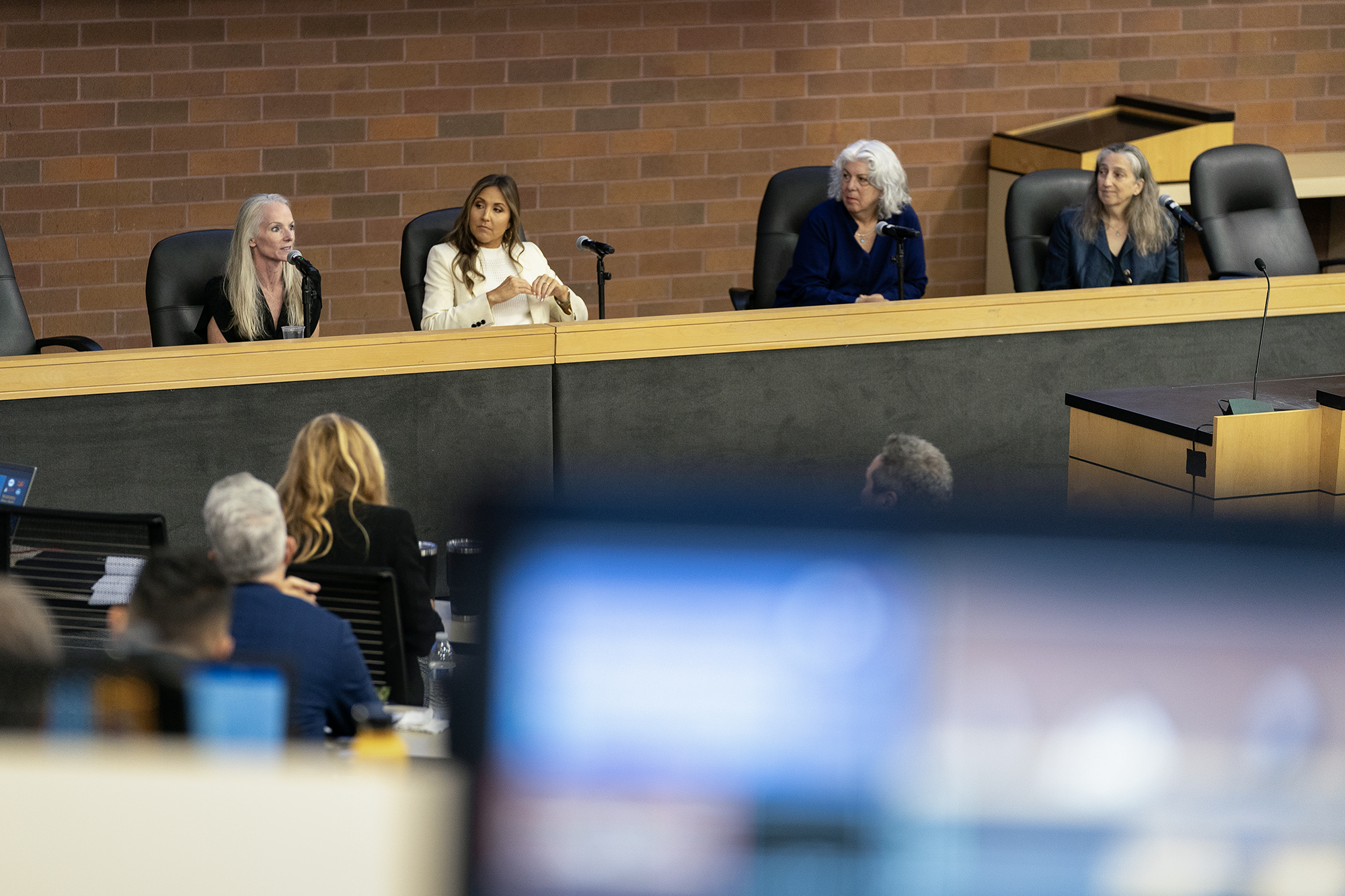21 Sep, 2025
2 min read
The Moral Ledger of a Priest
For Father Reyes, the parish priest of a perpetually flooded community in Navotas, the fight against corruption is not a matter of politics, but of pastoral duty. Every monsoon season, he opens his church doors to families fleeing the rising, murky waters—families who were promised protection by multi-million-peso flood walls that now stand as porous monuments to graft. The smell of damp poverty in his parish is a scent he has come to associate with stolen public funds. This is why, on a humid Thursday afternoon, he found himself not at the altar, but preparing a contingent of his parishioners to join the upcoming September 21 protest at the EDSA Shrine. "When a system steals money meant to protect the poorest from disaster, it is a grave sin," he explained, his voice calm but firm. "The Church cannot be silent. As our Cardinal has reminded us, 'to ignore the cry of the poor is to ignore the voice of God himself.' Our presence at the rally is an act of faith."
He had read President Ferdinand Marcos Jr. 's statement supporting the people's anger. The words, "If I weren’t president, I might be out in the streets with them," resonated with him. He saw it as a sign that the nation's leader was listening to the moral outrage sweeping the country. He felt it was a necessary acknowledgment of the people’s righteous indignation.
However, not all his parishioners shared his optimism. A cynical church elder, whose small machine shop had been wiped out by the last flood, muttered, "How can we trust him, Father? Since the President comes from a powerful political family, his words are likely just a way to manage our anger, not a true commitment to dismantling the corrupt system he is a part of."
Father Reyes listened, but his resolve was unshaken. He believes the Independent Commission for Infrastructure's probe is a critical first step, but that the people's peaceful presence is the spiritual and moral pressure needed to see it through. He is not leading a protest; he is leading a pilgrimage for justice. For him and his flock, marching is a form of prayer—a collective plea that the government’s promise of “Serbisyong Maaasahan” will finally become a blessing they can feel, not just a slogan they hear.
Recommended For You

BJMP Appoints New Officer in Charge Following Prisoner Protest at Negros Occidental Jail
Sep 21, 2025
Paolo Benitez

Supreme Court Implements Mandatory Pro Bono Legal Service Through ULAS Rules
Sep 21, 2025
Juan dela Cruz

Meta Explores Collaborations with Google and OpenAI to Boost AI Capabilities
Sep 21, 2025
Jose Reyes

Comelec Probes 15 Contractors Over Potential Illegal Donations to 2022 National Candidates
Sep 21, 2025
Jose Reyes
